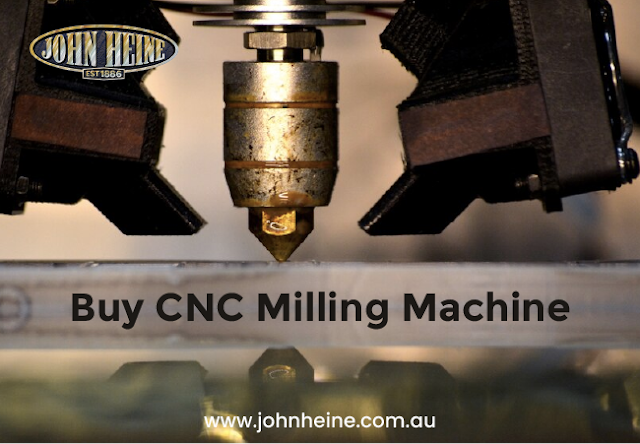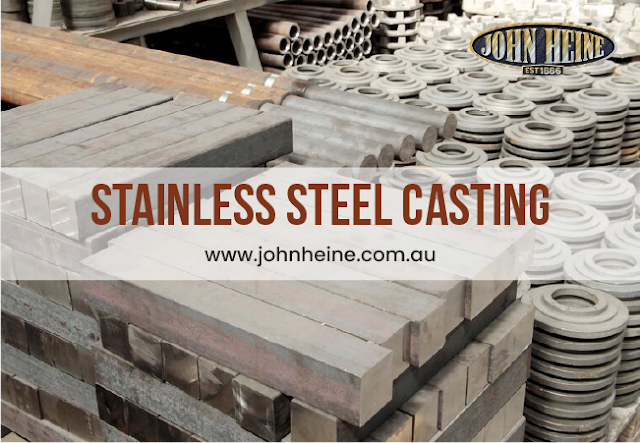Heat Treatment: What It Is and Why It’s Necessary
As manufacturing processes become more complex and demanding, metal pieces must be able to withstand wear and tear. That’s where heat treatment comes in. Heat treatment is necessary for several reasons, including allowing a metal or alloy to be improved to withstand wear and tear better.
In this article, we’ll explore the basics of heat treatment Australia and discuss its importance in manufacturing.
We’ll also introduce you to Johnheine — the best machining shop in Sydney, Australia, and explain why they’re such a valuable resource regarding heat treatment. So, whether you’re looking to learn more about metal pieces or need some advice on where to find the best heat treatment services, read on!
What is heat treatment?
Heat treatment is a process by which metal is heated to a specific temperature and then cooled to harden the material. This allows metal pieces to withstand wear and tear, making them more durable in manufacturing.
Why is heat treatment necessary?
The main reasons that heat treatment in Australia is necessary are:
- improving the durability of metals;
- giving metals different properties (such as strength or flexibility);
- modifying metals for certain applications (e.g., making them immune to corrosion).
Types of metals that can be heat treated
Here is a list of metals that can be heat treated:
- Zinc & Nickel
Zinc and nickel are two commonly used metals that undergo heat treatment. Zinc is often heat treated as it’s a strong metal that resists corrosion, while nickel is most commonly treated to make it resistant to oxidation.
- Sterling Silver
Steel is a common metal used in everything from cars to tools. It can be heat treated to give it different properties, such as strength or hardness.
- Lead and Lead Alloys
Lead is a metal with many properties that make it advantageous for various applications. One of these properties is its ability to be heat treated to increase its strength and durability. This treatment, known as lead alloying, is necessary for products like pipes, automotive parts, etcetera.
Different Types of Heating Treatment
The different types of heat treatments that can be performed on these metals are:
annealing: The metal is heated to a specific temperature and then allowed to cool slowly, reducing the number of internal stresses within the metal. This process is used for milder changes, such as increasing strength or preventing rusting.
hardening: Heating the metal to a high temperature (above its melting point) causes it to transform molecular structure. This makes the metal harder, more resistant to corrosion, and less elastic. Hardening can be done in two different ways: austenite and martensite. In austenite, the metal contracts randomly, while in martensite, it forms interconnected solid filaments.
tempering: This is a combination of hardening and annealing, where the metal is heated to a specific temperature and then cooled gradually to relieve some of the stresses within it. Tempering can be used for more severe changes, such as making a material tougher or eliminating elasticity.
Johnheine — Best Machinery Shop in Sydney
Heating is one of the most important processes in the machining world. By heating the part to a specific temperature and pressure, it’s possible to achieve the desired result without compromising the material’s integrity.
Therefore, always go with a reliable machining shop in Sydney, such as Johnheine. The company has established several specifications and heat treatment procedures that give superior wear life in different applications.
Johnheine has different heat-treating facilities, including normalising, annealing, quenching, tempering, street relieving cast irons, plain carbon steel, alloy steels, chrome irons, manganese, and stainless steels. Hence, please don’t wait and contact us as soon as possible to learn more about heat treatment in Australia.
Source: https://medium.com/@johnheinecom/heat-treatment-what-it-is-and-why-its-necessary-76a85daf679d





Comments
Post a Comment